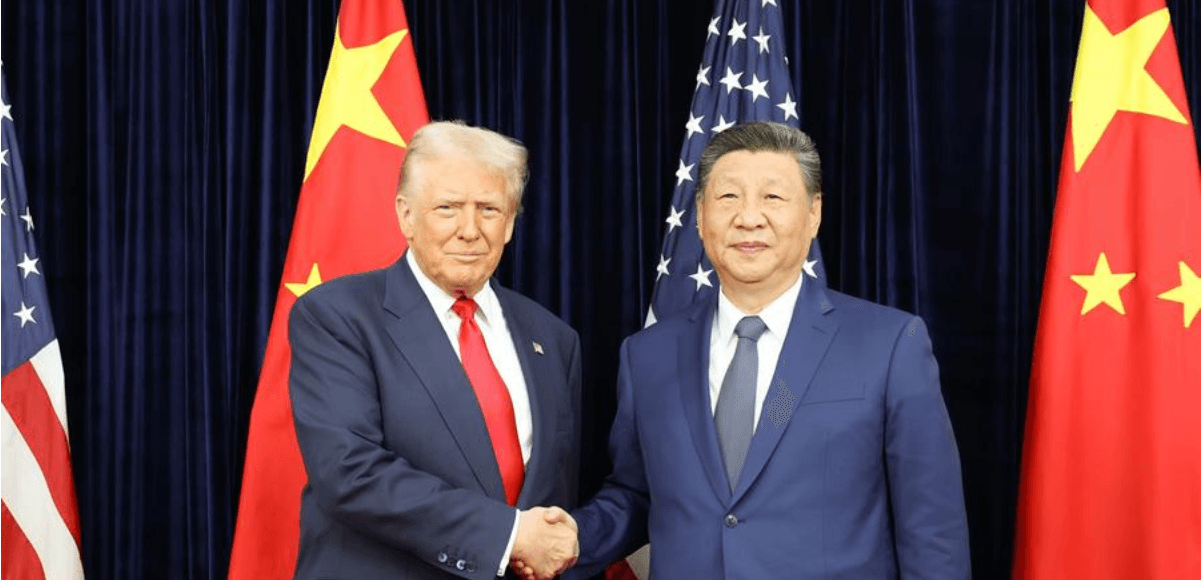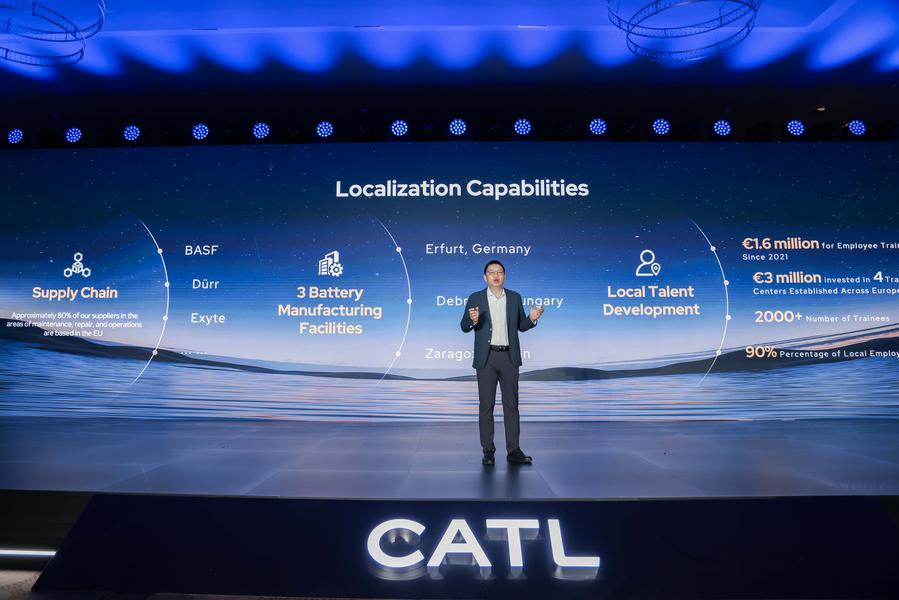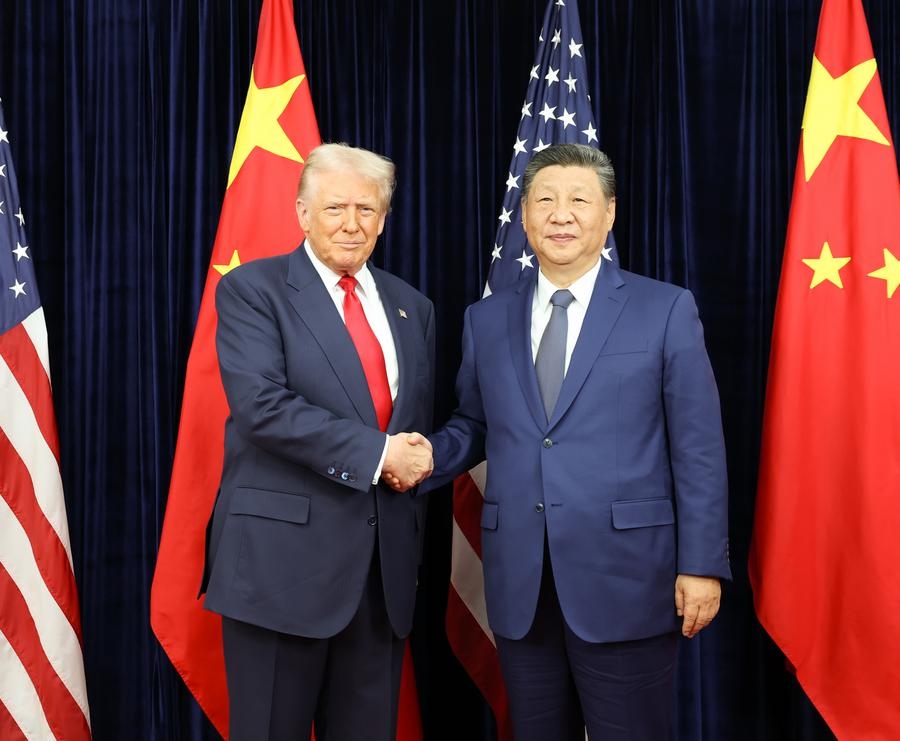
In
contrast to the narrative of those who doubted China's sustained
growth, some Western voices now concede its momentum but claim its tech
surge is "crowding out" their own countries' room to expand. They
identify China's massive potential but arrive at wrong conclusions about
its global implications. The
Communist Party of China concluded a pivotal meeting last week,
approving recommendations for the country's 15th Five-Year Plan, a
roadmap that will steer national development through 2030. The document
reaffirmed the resolve to promote high-standard opening up and create
new horizons for mutually beneficial cooperation. A
scenario that occurred in a remote Thai nursing home last June, when a
woman in Rayong held a flawless video consultation with experts 160
kilometers away, serves as a powerful illustration of such cooperation. This
connection, enabled by a satellite network deployed through a
partnership between a Chinese aerospace firm and a Thai university, is
just one example of how the rise of China's tech industry is set to
introduce transformative solutions worldwide. Also
in September, the China-ASEAN AI constellation project was kicked off
to serve Southeast Asia in the fields of agriculture, logistics and
disaster mitigation, via China's under-construction AI-driven satellite
network. These
examples of progress reveal what Chinese tech firms and engineers have
long understood -- namely that massive, unmet digital demand is a global
phenomenon, prevalent in the Global South and even the developed world. Notably,
the global presence of Chinese technology involves not mere
vendor-client relationships. Instead, this presence is about laying the
foundation for a more equitable future in digital commerce, education
and governance. By
narrowing the connectivity gap, China's burgeoning technology sectors
are expanding industrial chains and creating jobs in long-neglected
regions in the world, which will benefit global businesses. China's
contribution to global green transition is also impressive. Europe's
ambitious goals to increase renewable energy adoption have catalyzed
investments from major Chinese battery and automotive giants, who have
established operations in Germany, France and Hungary. This
local presence, fostered through production and technical
collaboration, is speeding Europe's home-grown advances in battery
technology -- spinning off fresh innovations and creating more jobs
across the value chain. Swiss
giant ABB has teamed up with a local Chinese partner to build a green
microgrid at an industrial park in the city of Xiamen in east China's
Fujian Province. As a flagship China-Europe energy-cooperation
initiative, this project is now poised to accelerate the roll-out of
smart-energy, virtual-power-plant and carbon-management solutions across
Europe. Political
interference in normal business operations, as seen in the recent case
of semiconductor manufacturer Nexperia, will only disrupt the industrial
chain and trigger market disorder. In
an open ecosystem free from geopolitical disruptions, sci-tech flows
will benefit everyone. The world economy is not a fixed pie to be
divided, but a flexible system where innovation can expand options for
all. Also,
China is investing in large-scale projects in cutting-edge scientific
research, with a strong emphasis on international collaboration. Key
areas of cooperation include astronomy, lunar exploration, climate
change, deep-sea research and life sciences. The
choice is obvious. Western nations could choose to embrace the stronger
China as their partner. In doing so, they will find that unnecessary
anxieties will dissolve in an ocean of boundless opportunities for all.













